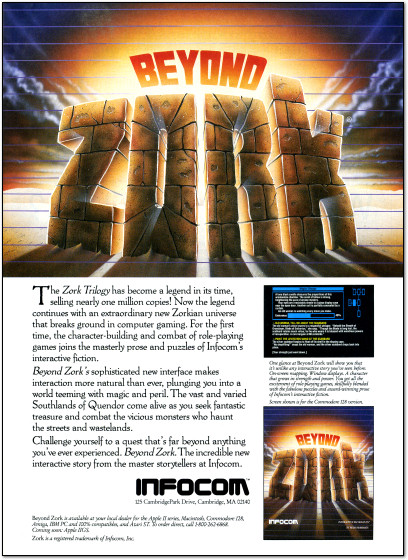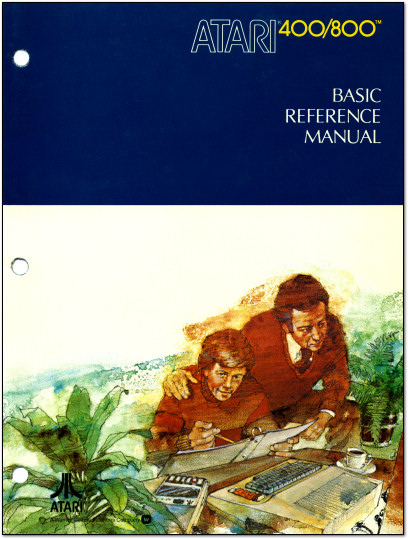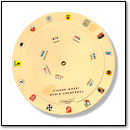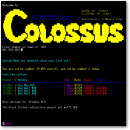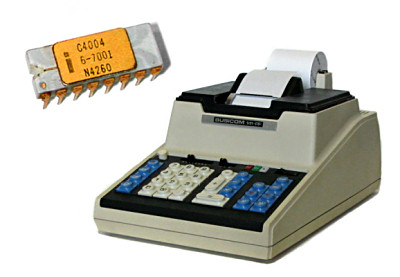
Forty years ago today, Intel announced the 4004. It was the first single-chip microprocessor in the world — an entire central processing unit (CPU) rendered as in integrated circuit on a single chip of silicon.
Up to that point CPUs were typically constructed of many ICs and discrete components soldered onto multiple circuit boards that, when combined, would have trouble fitting in a cigar box. The 4004 compressed similar functionality into a silicon chip 1/8 inch wide by 1/6 inch long.
The story of the 4004 began in in 1970, when Japanese manufacturer Busicom commissioned Intel to help create a chipset for a desktop calculator. Intel rejected the initial Busicom-designed chipset and countered with its own simplified design, which included the 4004 and three other supporting chips. Those chips, when used together, could form the heart of a complete microcomputer.
While the 4004 first appeared in the Busicom 141-PF calculator (seen above) during mid-1971, a contract renegotiation later in the year left Intel free to sell the microprocessor and its supporting chipset to others. It announced the 4004 to the general market using a carefully placed advertisement in the November 15, 1971 issue of Electronic News, an important trade newspaper for the emerging semiconductor industry.
It’s a Secret to Everybody
Once available to the general market, the Intel 4004 appeared in only a handful of 1970s commercial products before more powerful microprocessors, like the 8008, made the 4-bit CPU thoroughly obsolete.
Those early 4004-bearing products are quite hard to find today, making them generally unknown to computer history. That’s why I created a slideshow over at Technologizer that explores little-known applications of 4004. Some of the applications — like arcade games and electronic voting machines — might surprise you.
I hope you enjoy it.
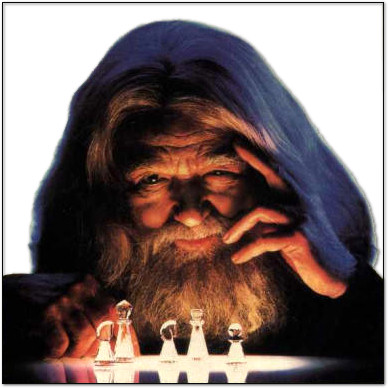
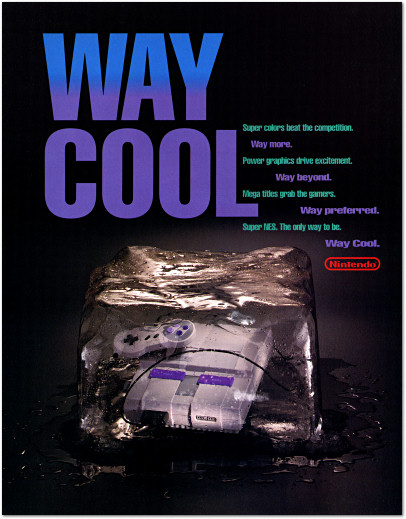
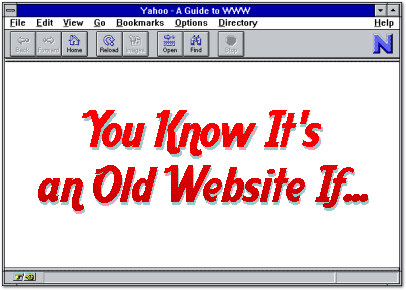
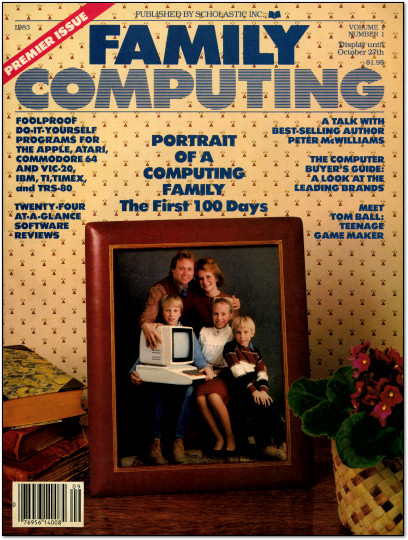
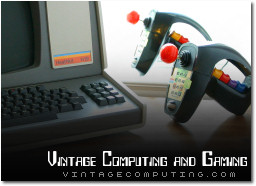 Vintage Computing and Gaming has retained the same general site design, albeit with a few aesthetic changes, since it started in 2005. Do you think it’s time to change the layout of the site? Do you think I should add any features to the site to make it like more modern blogs?
Vintage Computing and Gaming has retained the same general site design, albeit with a few aesthetic changes, since it started in 2005. Do you think it’s time to change the layout of the site? Do you think I should add any features to the site to make it like more modern blogs?
